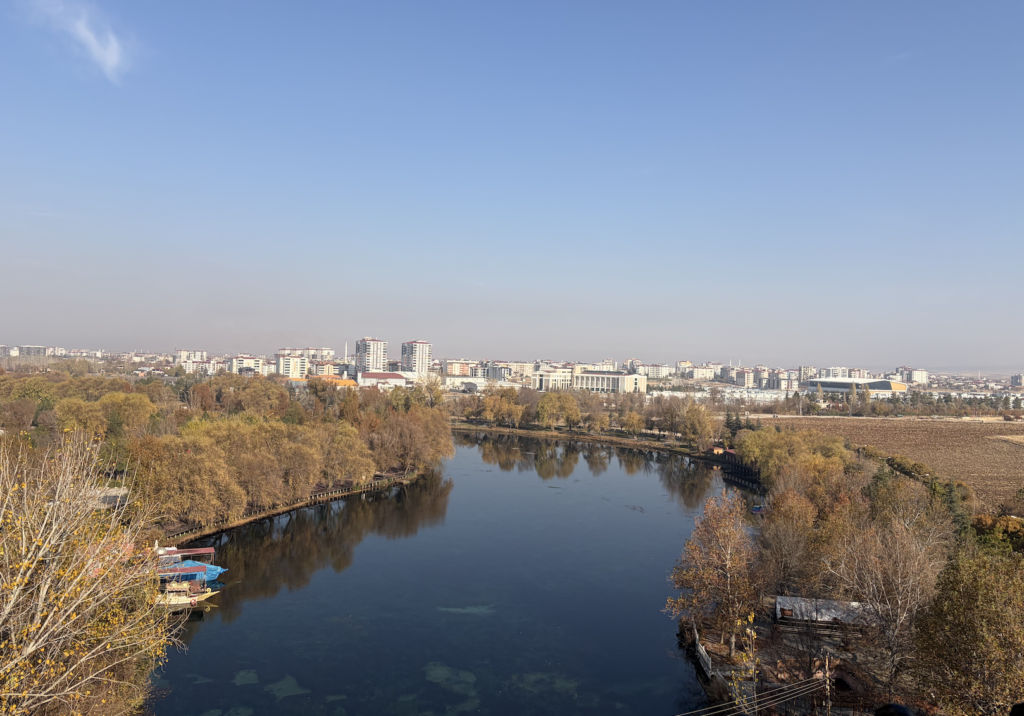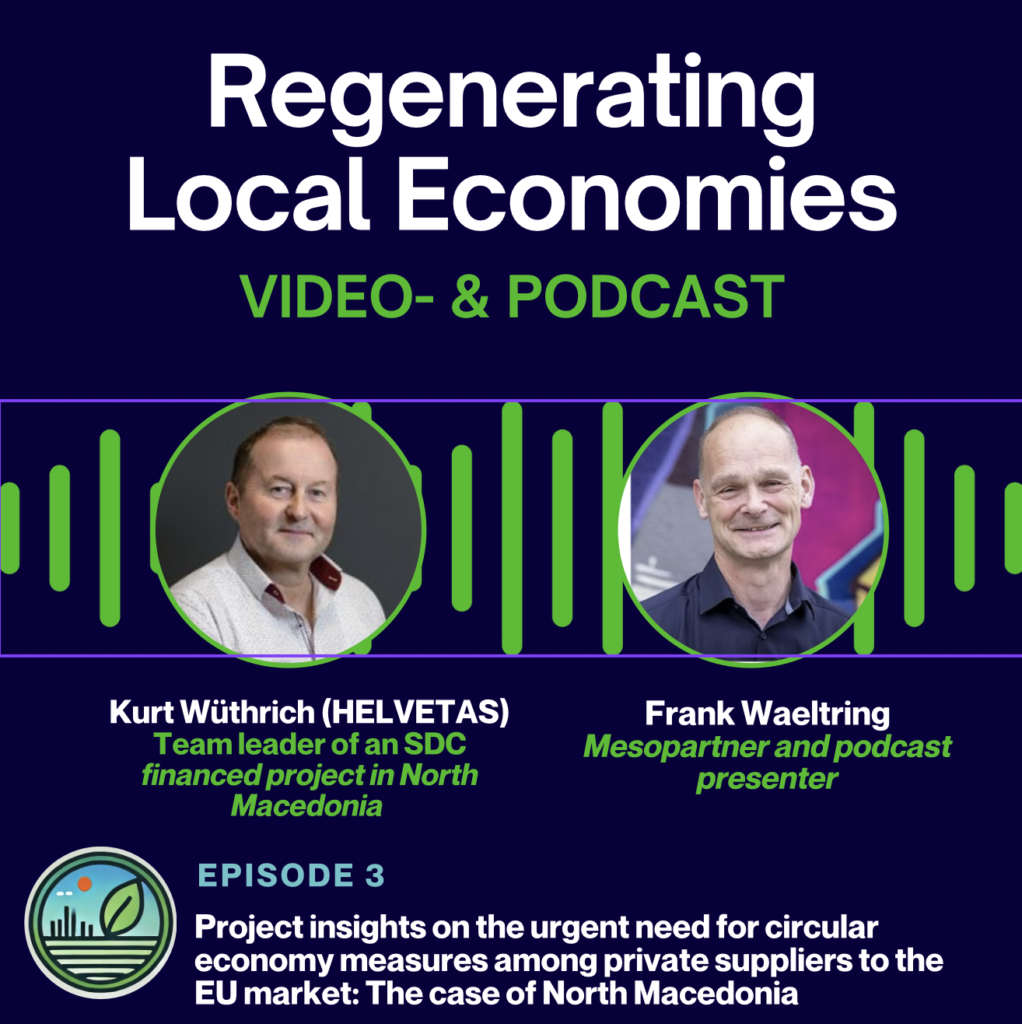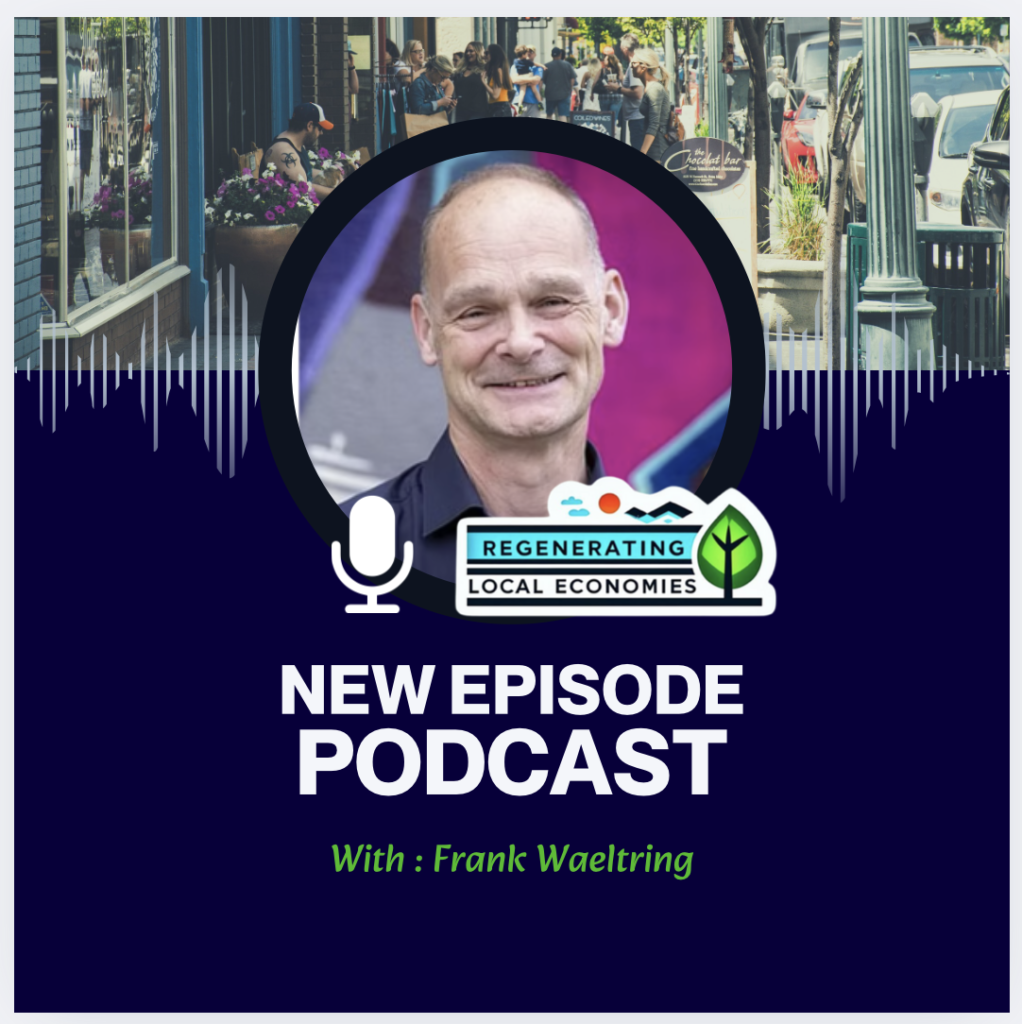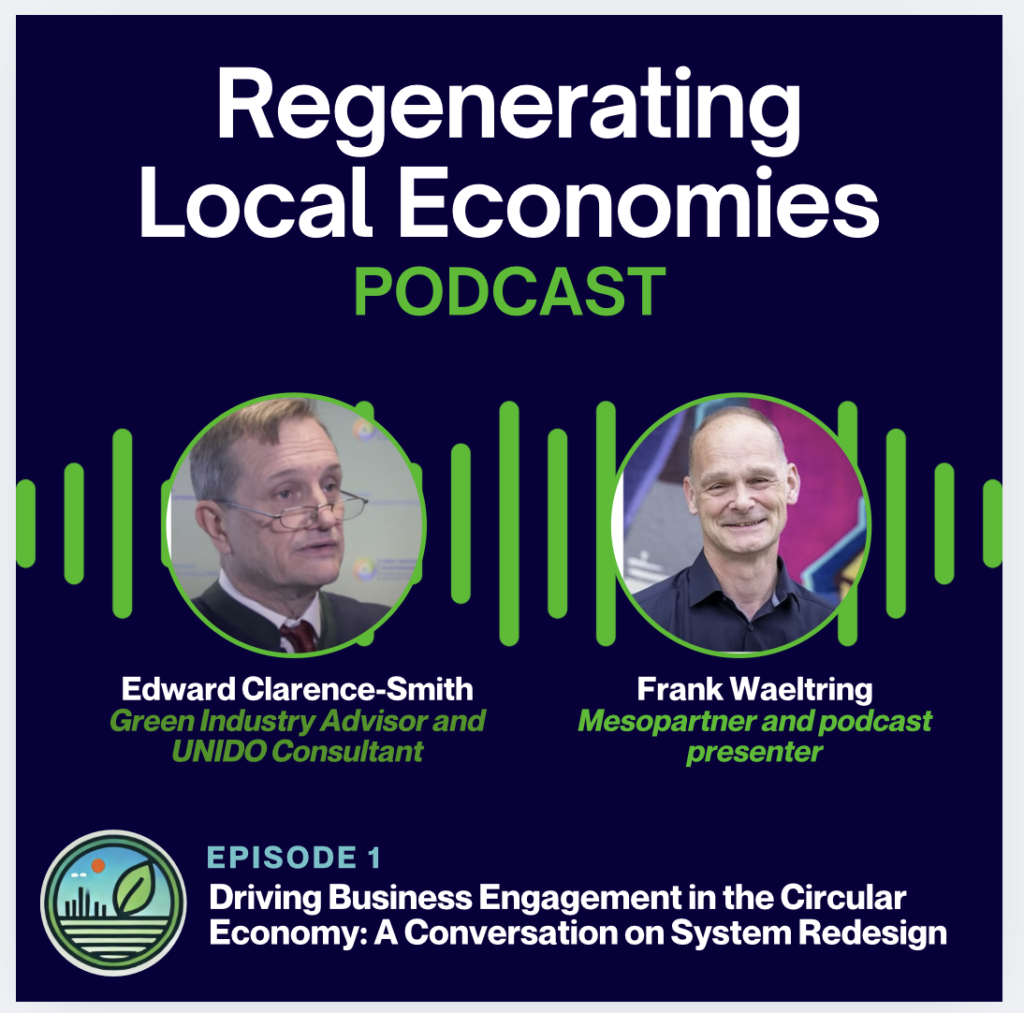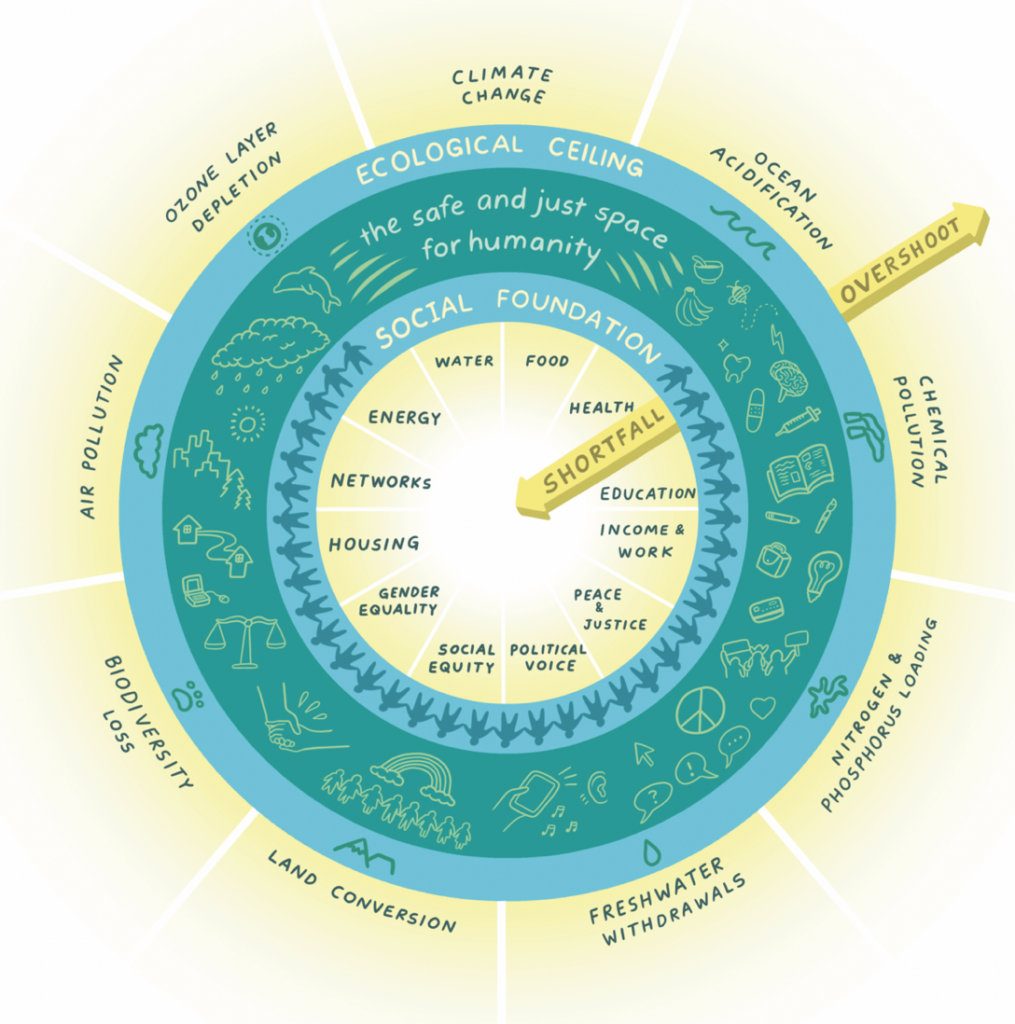What looks the same is not always as it seems: one place, two different groups of stakeholders from two different economic sectors, two different realities. Despite cultural similarities, the same territorial framework conditions, and shared family roots and relations, the context can still be fundamentally different.
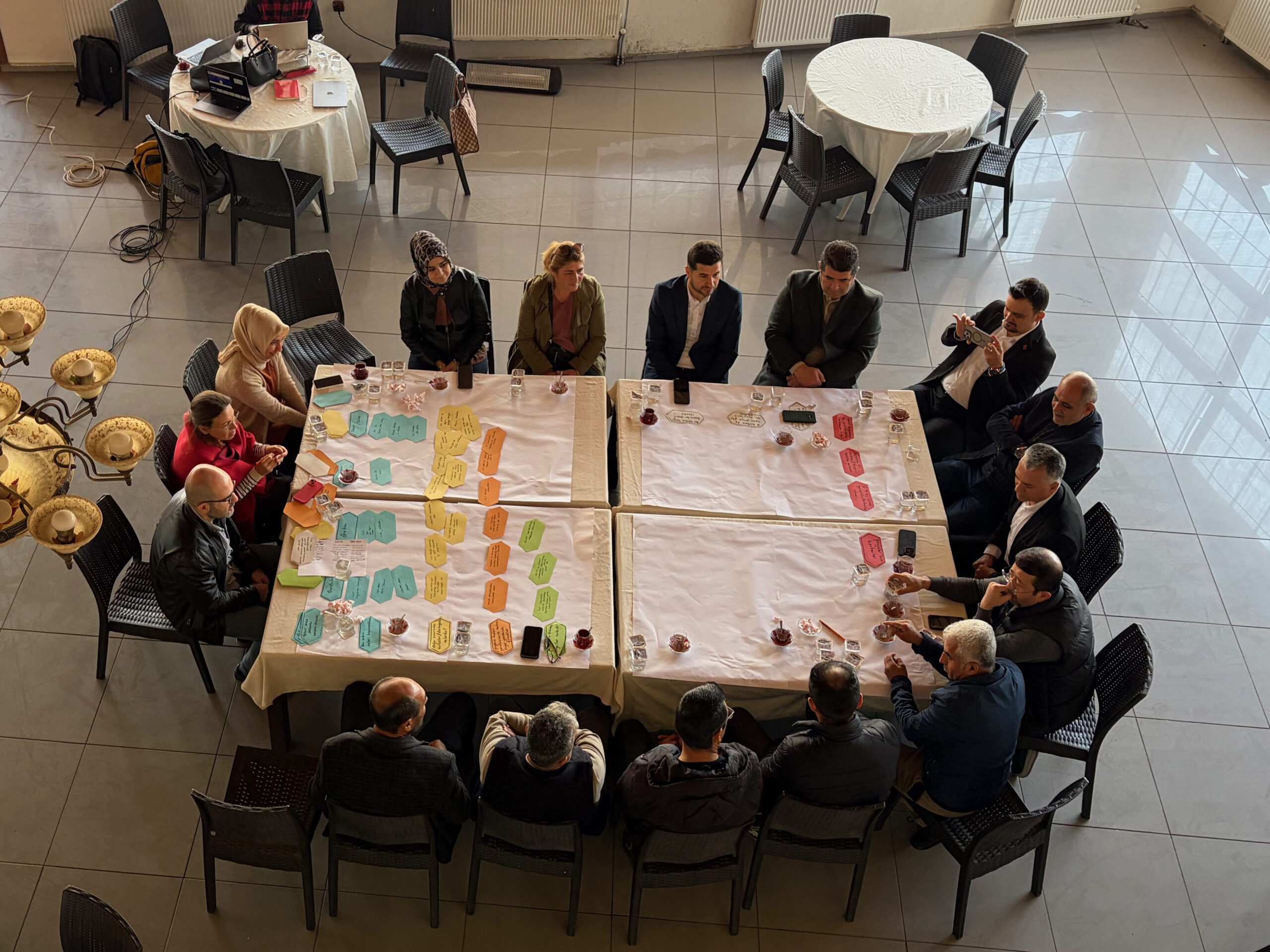
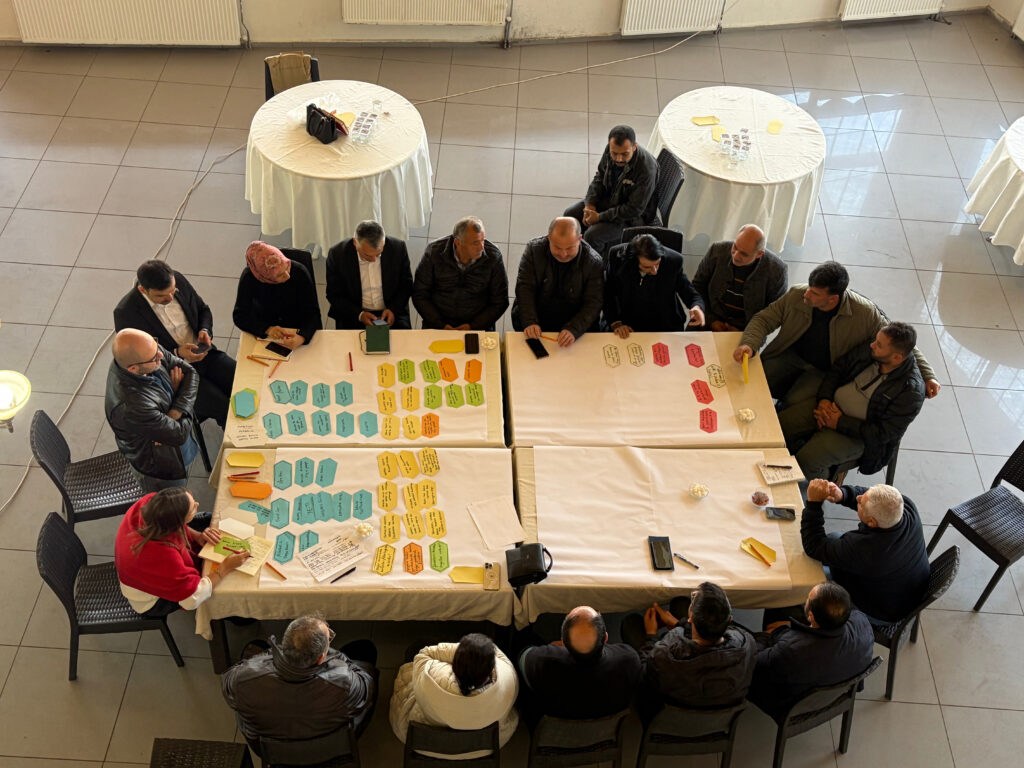
When working on economic development in territories and places, we tend to use the same tools, follow similar procedures, and structure our work in familiar patterns. Looking at photos from different work areas, an outsider might easily say: “This all looks the same!” Even I sometimes wonder, when browsing through documentations from previous years, whether we have not always experienced things in the same way. Whenever I reach that point, it is time to go back into the field. Then it becomes obvious again why I love this work—and why photos never capture what is truly relevant. As long as I stay open to genuine encounters and discoveries rather than mechanically ticking off steps, it is the human character of each place that keeps surprising me.
César Hidalgo coined the term “crystal of innovation” to describe products that embody accumulated knowledge from different generations or knowledge domains. I appreciate this crystal metaphor. And with the risk of sounding a bit philosophical, I believe every territory offers the chance to look into a crystal of human life shaped in that specific space—getting in touch with the historical paths of groups and local societies that, over long periods, have built their livelihoods and quality of life through their economic activities. It has been shaped by people staying and leaving, or coming back to these places, over generations. It provides a mirror of a continuous flow of life experiences, new ideas, and innovative ways of doing things, as well as the accumulation of new knowledge, but possibly also reflects periods of stagnation, frustration, and a loss of direction. The economic structures of today are inextricably linked to the private lives of people, their thoughts, social bonding and bridging capabilities, and their aspirations. Trying not only to “understand” analytically but at the same time to sense the complexity that shapes each place can be truly enriching.

Fishing sector area close to the city of Elbistan in Kahramanmaras region (Turkey)
I have just returned from working in a Turkish city (Elbistan) with fascinating and committed people from different organisations. And I am grateful for the chance to look into such crystals again and again, reminding me that every place, every context, is unique—despite the similarities that seem to shine through when we look back at pictures without recalling the moment in which we truly experienced and lived the place.
